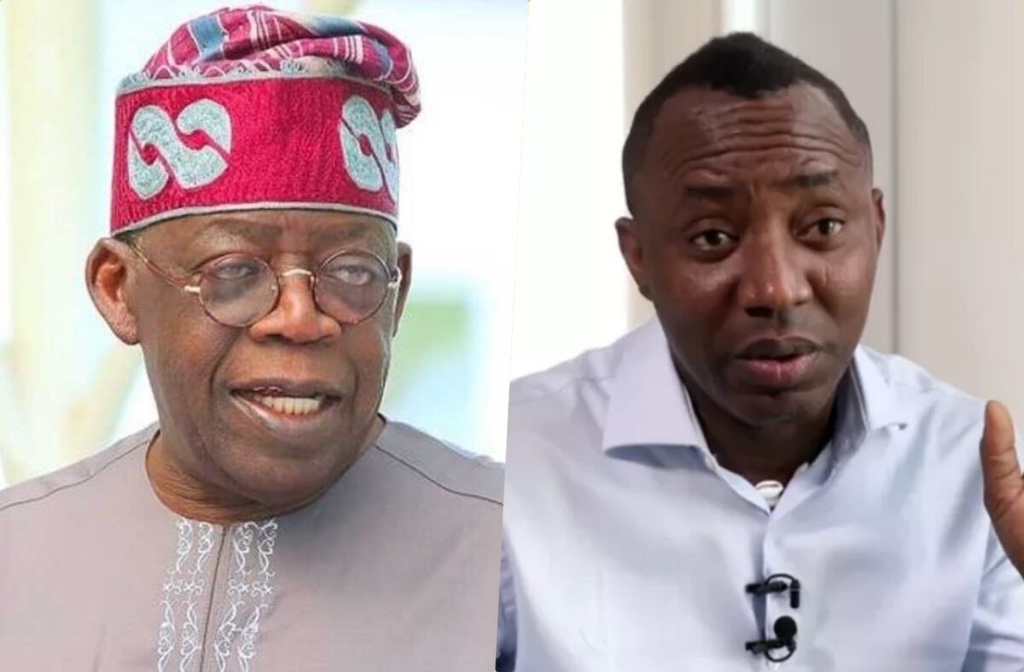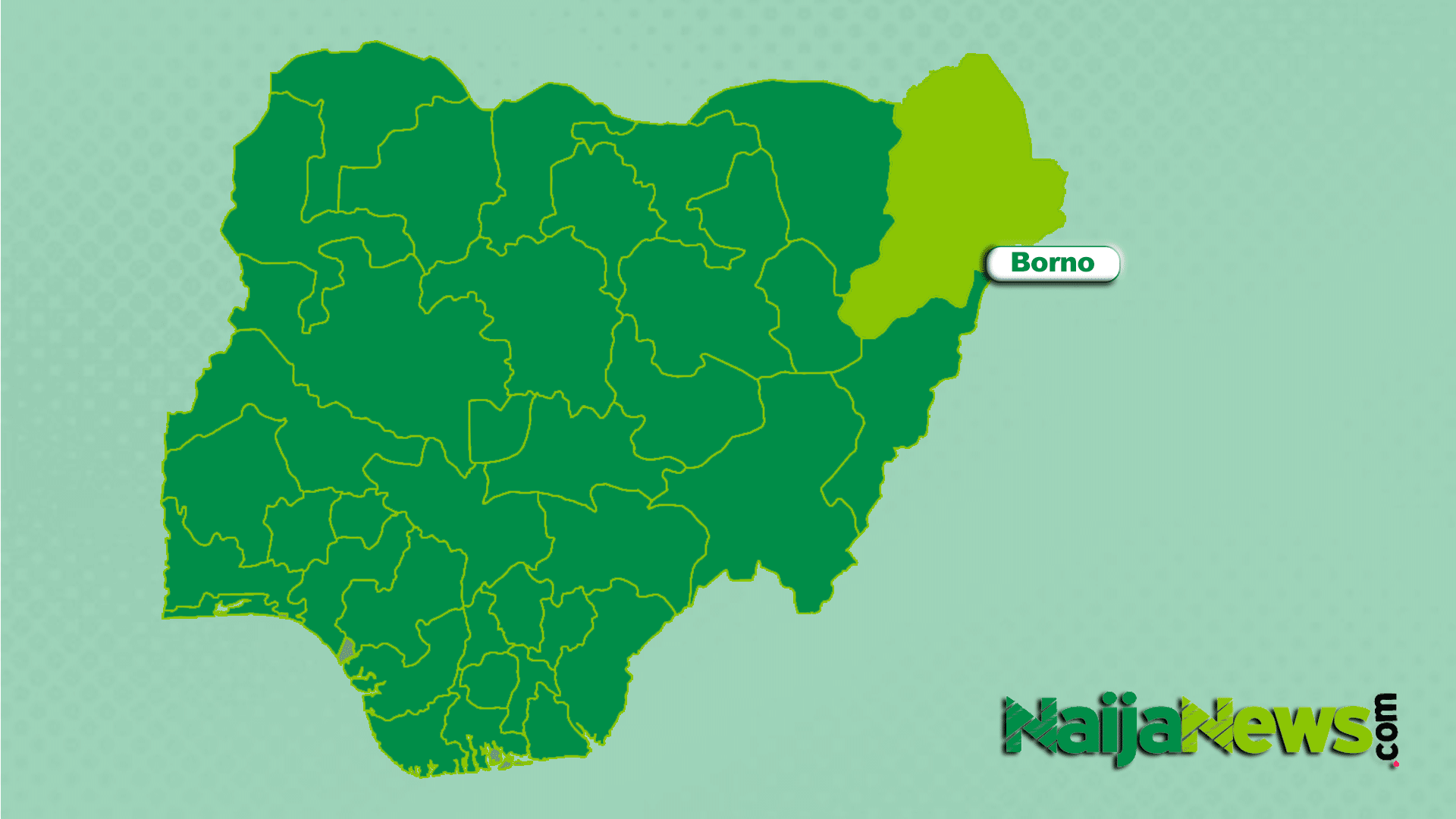
At a recent PRNigeria Young Communication Fellowship workshop held in Kano, conversation turned intense when participants tackled a matter making national headlines: the escalating conflict between Nigeria’s federal authorities and outspoken activist-journalist Omoyele Sowore. While some attendees championed Sowore’s right to voice dissent, others voiced concern that his rhetoric drifted away from legitimate criticism and into the territory of defamation. This spirited exchange mirrored the broader struggle facing Nigerian society: how can a developing democracy protect freedom of expression without encouraging harmful or baseless accusations?
On 26 August, Sowore took to X (formerly known as Twitter), sharing a message that directly targeted President Bola Ahmed Tinubu. He described the president as a “criminal” after Tinubu reportedly stated in Brazil that Nigeria had overcome corruption under his government—a claim Sowore described as “shameless.” The social media post quickly drew official attention, as it not only labeled Nigeria’s highest officeholder with a grave accusation, but did so without public evidence or due legal process.
Nigeria’s State Security Services (SSS) acted swiftly. In a letter dated 7 September—a copy of which was reviewed by several media houses—the agency demanded that Sowore remove his post, issue public apologies on all platforms, and report himself (either in person or virtually) for interrogation. Sowore, known for his defiant advocacy, refused to comply with these directives. The SSS labeled his remarks as “false, malicious, [and] inciting”, warning that statements of this nature risk fueling unrest and promoting divisions within Nigeria’s multi-ethnic society.
This unfolding dispute has reignited debate across Nigeria about the fine boundaries separating free speech, legitimate criticism, and the legal risks of defamation or incitement. The Constitution of Nigeria (1999, as amended) enshrines the right to freedom of expression in Section 39. However, as legal professionals often note, this freedom is not unlimited; it is subject to laws designed to prevent defamation, false information, and threats to public order. Similar limitations exist in democracies globally, including Ghana and other ECOWAS member states, though enforcement and public expectations vary from country to country (see Nigeria’s Constitution).
During the Fellowship’s discussion, some young communicators highlighted the risks of making severe allegations—such as calling a sitting president a “criminal” on a major social platform—without substantiating evidence or recourse to a court of law. As one participant put it: “Even if the frustration is real, our words have power. Leveling criminal accusations can undermine both leaders’ reputations and national stability, especially when issues of corruption are already sensitive in our country.”
Nonetheless, the response of the SSS also provoked concern. Demands for public apology, content deletion, and physical or digital self-surrender struck some at the event as heavy-handed tactics that risk intimidating both journalists and ordinary Nigerians. One attendee remarked, “When government agencies default to force or threats over disagreement, it can transform a dispute into a wider crisis about human rights.” Such scenarios are not new to Nigeria, where critics—including journalists, activists, and opposition figures—have faced detention or intimidation for controversial comments (see Committee to Protect Journalists – Nigeria).
Legal analysts interviewed by local outlets agree that Nigeria’s judiciary, not security agencies, should be the forum for resolving such disputes. According to Lagos-based media lawyer, Barrister Tunde Adefemi, “Defamation claims ought to be tested in court, where evidence and the right to reply can be weighed. Resorting to threats or detention can erode public trust and open the country to international criticism.” Several recent international human rights reports have raised red flags concerning suppression of dissent in Nigeria, but similar concerns have played out in countries across the continent, with varying responses and reforms.
From an editorial perspective, this episode spotlights the responsibility carried by those with a large following—especially journalists and public commentators—to ensure their criticisms are grounded in verifiable facts, and not just passion or outrage. Sensational claims can win attention, but they also risk deepening social divides and fostering mistrust of democratic institutions. For instance, similar debates have played out in Ghana over media regulation and public protest, with authorities and civil society groups pushing for both responsibility and freedom (Ghana News).
At the same time, governments benefit little by responding to dissent with immediate force. Successful democracies are generally those that answer criticism not with intimidation, but with openness, transparency, and robust legal recourse. As Abuja-based policy analyst Esther Umeh told reporters, “A confident government is one that trusts its citizens to speak—even critically—and is ready to correct or counter false narratives through lawful legal or public channels, not coercion.”
Education around free speech, defamation, and the role of law is badly needed, not just in Nigeria but across Africa. Many citizens, especially young people active on social media, are unaware of how defamation laws work or what truly constitutes incitement. Clear civic education campaigns could inform the public, safeguarding free expression while also encouraging more responsible communication—especially for influencers and journalists whose words reach millions.
For context, Nigeria has seen similar episodes before, from heated political debates around elections to high-profile court cases involving media houses and government entities. Across Africa, the issue of how to balance robust, sometimes harsh, public discourse with the need for truth and civic stability remains live—in Senegal, South Africa, and beyond. While some nations have leaned towards stricter enforcement, others, such as Ghana in recent years, have invested in mediation and dialogue to lower tensions between authorities and critics.
Ultimately, this is about more than two individuals exchanging sharp words—it’s a test for Nigeria’s democracy. Public figures must take care to anchor allegations in facts and be ready to prove their claims, especially when addressing corruption or other grave concerns. The government, in turn, will strengthen its legitimacy by welcoming lawful challenges, answering misinformation with verified information, and reserving punitive measures for only the most clear-cut cases, determined by independent courts. The lesson for all sides: democracy only works when truth and accountability are pursued through transparent and lawful means.
How should ordinary Nigerians and citizens across West Africa approach free speech in the digital age? As media and the role of social networks grow, finding that balance between open critique and responsible commentary will shape not only Nigeria’s national debate, but also the region’s future as a whole.
Where do you stand on the boundaries of free speech versus defamation in today’s Nigeria? Should the courts remain the final arbiters, or can security agencies play a helpful role in times of crisis? Let us know your thoughts in the comments—and follow us for in-depth updates on similar topics.
Have a breaking story, tip, or personal experience related to free speech, journalism, or democracy in Nigeria, Ghana, or West Africa? Want to share or even sell your story? We’re eager to hear from you! Email us anytime at story@nowahalazone.com and let’s discuss your story or tip.
For general support, you can also reach us via support@nowahalazone.com. Stay connected with the conversation by following us on Facebook, X (Twitter), and Instagram. Your voice matters—help shape the national dialogue!









